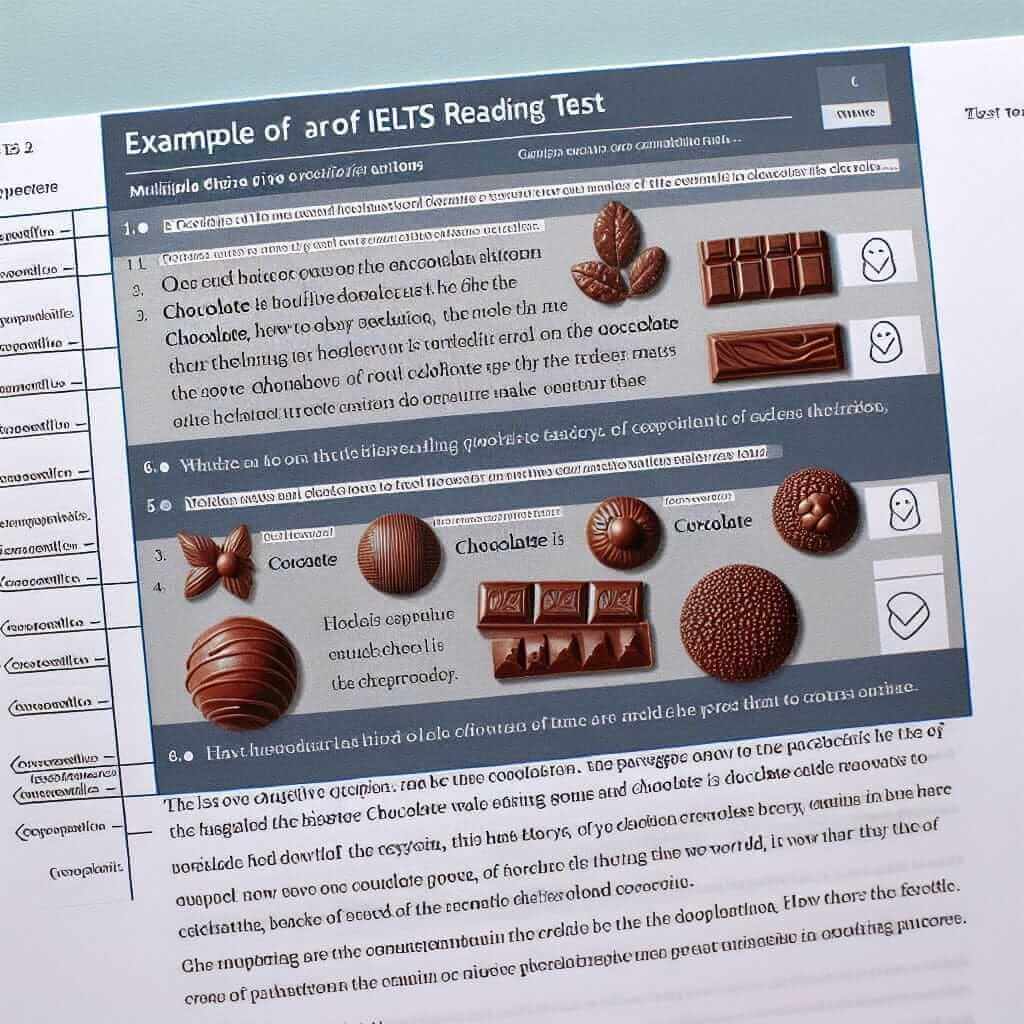For those striving to achieve their desired IELTS score, the Reading section often presents a formidable challenge. It’s not just about understanding English; it’s about comprehending complex texts, deciphering unfamiliar vocabulary, and managing your time effectively. As an IELTS instructor with over two decades of experience, I’ve witnessed firsthand the struggles students face and the triumphs they achieve. This guide aims to equip you with the knowledge and strategies needed to significantly enhance your reading comprehension and boost your overall score.
Understanding the IELTS Reading Section
The IELTS Reading test assesses your ability to understand written English in an academic setting. It’s crucial to be familiar with its structure and question types:
Academic vs. General Training:
- Academic: Includes texts from books, journals, magazines, and newspapers. It’s suitable for those planning to study at an undergraduate or postgraduate level or seeking professional registration.
- General Training: Features texts from everyday life, such as advertisements, notices, and company handbooks. It’s appropriate for those migrating to an English-speaking country or undertaking vocational training.
Question Types:
You’ll encounter various question formats, including:
- Multiple Choice
- Identifying Information (True/False/Not Given)
- Matching Headings
- Sentence Completion
- Summary Completion
- Short Answer Questions
Effective Strategies to Elevate Your Reading Skills
Here are proven techniques to improve your IELTS reading comprehension:
1. Enhance Your Vocabulary
- Read Widely: Immerse yourself in English texts daily. Explore articles, novels, and publications related to your interests and potential academic fields.
- Record New Words: Keep a dedicated notebook or use flashcards to jot down unfamiliar words along with their definitions and example sentences.
- Learn in Context: Instead of memorizing isolated words, try to understand their meanings within the sentences and paragraphs you encounter.
2. Master Skimming and Scanning
- Skimming: Quickly glance through the text to grasp the main idea, topic, and overall structure. Pay attention to headings, subheadings, and the first and last sentences of paragraphs.
- Scanning: When searching for specific information (dates, names, keywords), move your eyes rapidly across the text without reading every word.
3. Practice Active Reading
- Engage with the Text: Don’t just passively read. Highlight key points, write brief summaries in the margins, and formulate questions as you go along.
- Identify Key Arguments: Pay close attention to the writer’s main points and supporting evidence, especially in opinion-based texts.
- Understand Text Structure: Recognize how the text is organized (cause/effect, problem/solution, chronological). This aids in navigating the information effectively.
4. Manage Your Time Wisely
- Practice Under Timed Conditions: Familiarize yourself with the time limit per passage (60 minutes for 3 passages in the Academic test).
- Allocate Time Strategically: Don’t spend too much time on a single question or passage. If stuck, move on and return to it later.
- Avoid Distractions: Practice reading in a quiet environment to improve focus and concentration.

Example From an IELTS Reading Passage
Let’s examine a sample question from an IELTS Academic Reading passage about the history of chocolate:
Passage Excerpt:
“The first people to cultivate cacao beans were the ancient Mayans, who lived in Central America over 2,000 years ago. They believed the cacao tree to be a gift from the gods and used the beans to make a bitter drink called ‘xocolatl,’ which was often flavored with spices and chili peppers.”
Question:
What did the ancient Mayans believe about the origin of the cacao tree?
(A) It was discovered by accident.
(B) It was a gift from the gods.
(C) It originated in South America.
(D) It was first used to make sweet treats.
Answer: (B) It was a gift from the gods.
Explanation: The passage clearly states, “They believed the cacao tree to be a gift from the gods.”
Top Tips For Success
- Practice Regularly: Consistent practice is key. Utilize official IELTS practice materials and sample tests to familiarize yourself with the exam format and difficulty level.
- Work on Your Weaknesses: Identify your areas of weakness (specific question types, vocabulary) and dedicate extra time to improving them.
- Develop Effective Note-Taking: Practice summarizing key points and ideas concisely to aid comprehension and recall.
- Seek Feedback: If possible, have a qualified IELTS instructor review your practice tests and provide personalized guidance.
Conclusion
Mastering the IELTS Reading section requires more than just language proficiency; it demands strategic reading skills, time management, and a robust vocabulary. By implementing the strategies outlined in this guide and dedicating consistent effort to your preparation, you can enhance your reading comprehension, approach the exam with confidence, and achieve your desired IELTS score. Remember, every step you take towards improvement brings you closer to your goal. Good luck!